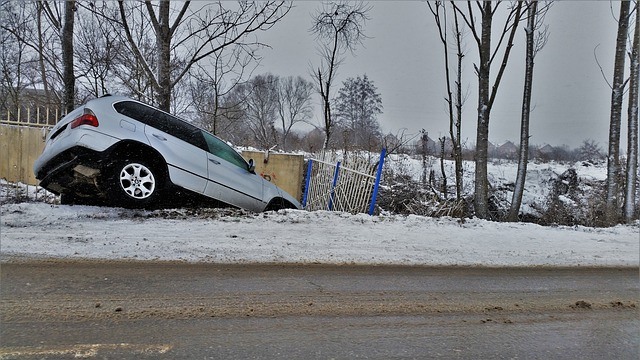
Filing Insurance Claims on Car Accidents
Policy holders are wise to carefully read and comprehend the policy procedures before taking out insurance coverage. The procedures will offer information, including exclusions of what the policy will cover. The majority of companies that offer car insurance have various exclusions, rules, and regulations listed within the policy procedures and brochures. The companies also provide a 24-hour claims line where the customer can call any time to make the company aware that an accident has occurred and a claim is in the making. The services may provide a measure of help to complete the forms. If you notify the company first, they will save you time by sending you an “accident report form.” This form will provide detailed instructions and once it is completed, it is important to send the form back to the company immediately.
You will need proof, evidence and any other information to support the information provided on the claim form. It is recommended that drivers carry with them at all times a working camera to take pictures of the accident. The companies will have a foot to stand on if you have pictures detailing the accident. Third party accidents are “word against word” therefore, any linking evidence is vital to protect you against liability.
If possible, send any receipts of the accident, or other documentation, sending only copies to the insurance company. Keep the original copies of the accident in a secure habitat for your own records. Many insurance companies that offer car coverage may make their own recommendations to garages for repairs. Thus, the company is taking your word of the damaged caused and therefore, the referrals have only the details giving to the company by you. Many insurance companies require that at least two estimates are provided to them and these estimates are required to be sent back to the company for disbursement. Some insurance companies will leave it up to the policyholder to find the garages, get estimates and submit these estimates to the company. However, if the company recommends the garage, then the policyholder is wise to take the vehicle to this garage to avoid problems.
If you have an accident and it is not your fault, know the steps to protect your self. Drivers are encouraged to drive safely; however, no one can predict what another driver will do. The first step to take if an accident does occur is to review your procedures and brochures giving to you by the company, thus making sure you have adequate coverage. If you have third party coverage, then only the passengers in your vehicle are covered as a rule. Thus, you will be responsible for any repairs on your car if you have third party coverage. On the other hand, if the third party driver is at fault, then his insurance policy should cover you, unless he has no coverage at all.
If you have full coverage, or comprehensive coverage then the policy will cover maximum damage including personal injury in most instances. Drivers are advised avoid panic if they are in an accident. An unstable mind will lead to confusion, and sense legal issues are involved you want to remain calm. The drivers are expected to provide copies of insurance, as well as give the officers (if applicable) a vivid detail of what occurred.
It is important to call the insurance company hotline to report the accident. Be sure to gather all pertinent information, including medical treatment reports, police reports, and other vital details, gathering them to submit to the insurance company. Do not confront or contact the third party involved at any time during the claim procedure to avoid default. If you have witnesses make sure you submit their names, address, phone numbers and any relative details to the company along with the claims. If possible, ask a pedestrian outside of the accident to provide written notes, defining the arrangement the cars were in at the accident. Finally, note the third party drivers “plate number,” and any other information you believe will help you during the claim investigation. It is also important to note any relative charges against you during the accident, if you are in fact somewhat to blame.
